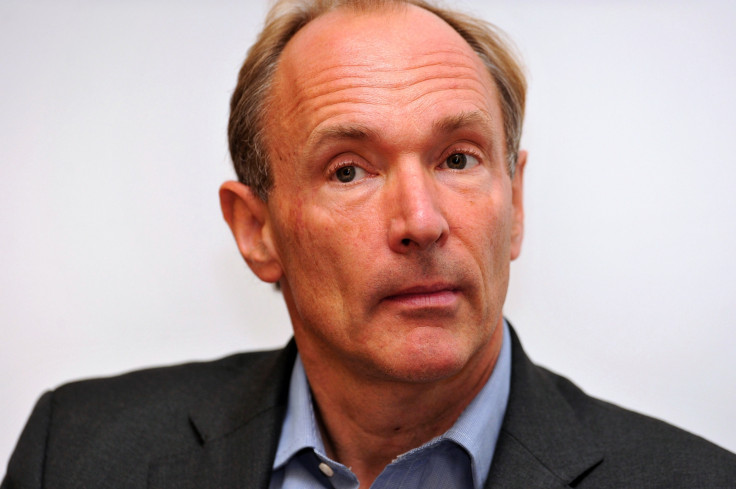Tim Berners-Lee: Inventor of the web outlines 3 major threats to the internet as it turns 28
Berners-Lee wants to tackle increasing fake news, data loss and online political ads to save the internet.
The inventor of the World Wide Web, Sir Tim Berners-Lee, has outlined the three biggest threats that face the internet, as it turns 28. The computer scientist who developed the blueprint for what would become the internet, issued a warning at the state of the web following the global events of the past year.
In an open letter, Berners-Lee claimed that fake news, data loss and online political ads were the three major threats to the web. He wrote, "Today marks 28 years since I submitted my original proposal for the worldwide web. I imagined the web as an open platform that would allow everyone, everywhere to share information, access opportunities, and collaborate across geographic and cultural boundaries.
"But over the past 12 months, I've become increasingly worried about three new trends, which I believe we must tackle in order for the web to fulfill its true potential as a tool that serves all of humanity."
Personal data loss and government surveillance
He highlighted the loss of personal data to tech giants and the limited control users have over how their data is handled, as one of the main areas that need to be addressed. He also pointed out that "widespread" data collection can have more "chilling effect on free speech" and allow governments to restrict the internet being used as a free space. He encouraged people to "fight against government overreach in surveillance laws" and ensure the future of data privacy.
"Through collaboration with – or coercion of – companies, governments are also increasingly watching our every move online and passing extreme laws that trample on our rights to privacy," Berners-Lee wrote. "In repressive regimes, it's easy to see the harm that can be caused – bloggers can be arrested or killed, and political opponents can be monitored.
"But even in countries where we believe governments have citizens' best interests at heart, watching everyone all the time is simply going too far. It creates a chilling effect on free speech and stops the web from being used as a space to explore important topics, such as sensitive health issues, sexuality or religion."

Fake news
Berners-Lee also raised concerns about how quickly and effectively misinformation or fake news can spread across the internet. He warned that "misinformation, or fake news, which is surprising, shocking, or designed to appeal to our biases, can spread like wildfire. And through the use of data science and armies of bots, those with bad intentions can game the system to spread misinformation for financial or political gain".
Calling for more transparency of online political advertising
He also raised concerns over political online advertising, which he believes should have more transparency. Using the 2016 US presidential elections as an example, Berners-Lee highlighted how reports indicate that nearly 50,000 political ads in a day were being showcased on Facebook, which he claimed was "a near-impossible situation to monitor".
He added, "There are suggestions that some political adverts – in the US and around the world – are being used in unethical ways – to point voters to fake news sites, for instance, or to keep others away from the polls. Targeted advertising allows a campaign to say completely different, possibly conflicting things to different groups. Is that democratic?"
The computer scientist acknowledged that the problems outlined are complex and finding a solution for them will not be simple. However, he claimed that an effective solution can be reached by "working together" with tech firms to "strike a balance that puts a fair level of data control back in the hands of people".
He also urged people to "push back" against fake news by supporting Google and Facebook in their efforts to combat the issue and called for greater "algorithmic transparency" as well as a shuttering of "internet blind spot in the regulation of political campaigning".
He added, "I may have invented the web, but all of you have helped to create what it is today. It has taken all of us to build the web we have, and now it is up to all of us to build the web we want – for everyone."
© Copyright IBTimes 2025. All rights reserved.






















